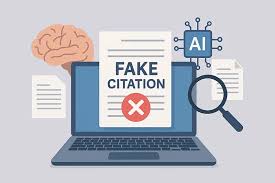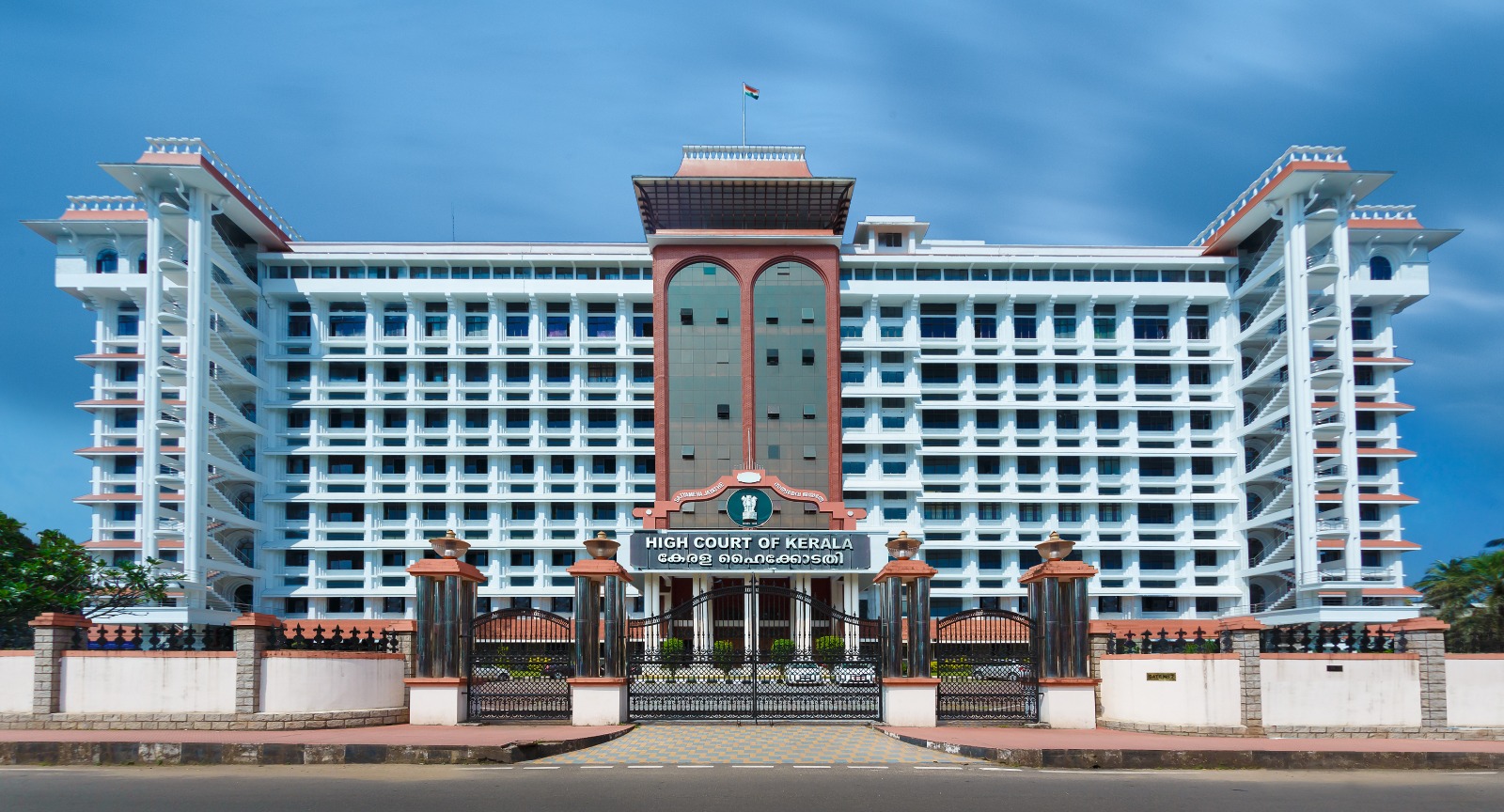Sharf-Ud-Din, J.@mdashThis is a Rule calling upon the opposite party to show cause why the orders of the District Judge, dated the 29th May and the 10th June 1912, should not be set aside and the suit proceeded with on the three grounds set forth in the petition.
2. The two orders referred to in the Rule were passed by the District Judge in a suit tinder Section 92 of the CPC which is now pending in his Court. The order, dated the 29th May 1912, runs as follows: It is necessary to enter into evidence regarding the compromise. The parties will inform the Court to morrow what evidence they desire to adduce The next order passerby the District Judge on the 10th June last is this: "As regards the compromise matter, arguments of the plaintiffs were heard and of the defendants were heard in part, regarding the enforceability of the compromise, on points of law only, but it coming to light that the parties were at issue on certain questions of fact which it appeared necessary to determine, it was ordered on 29th May 1912 that evidence should be entered into in order that these questions might be determined; and as this was necessary, it seemed advisable, to save time, to take evidence on the whole matter, so that the whole question of compromise might be determined satisfactorily," The plaintiffs in the present action sued the defendants who were the trustees of an endowment. It appears that the plaintiff No. 1 came to an amicable settlement with the defendants in regard to the matter in dispute out of Court, that a deed of compromise was drawn up and an application was made to the District Judge praying that the terms of the deed may be enforced.'' The question before the lower Court was; whether in a suit of this nature any private compromise can be effected.
3. On behalf of the petitioners, it has been contended by the learned Counsel who has appeared for them that the compromise, if any, was illegal and that the order of the lower Court requiring the parties to adduce evidence regarding the compromise meant nothing but waste of time. If the compromise is illegal, there would be no necessity of adducing evidence as to the terms of such a document. This matter could be decided without any evidence, and it was, therefore, suggested that the present Rule should be made absolute.
4. On behalf of the opposite party, it has been urged that the learned District Judge has neither acted without jurisdiction nor illegally in the exercise of his jurisdiction in making the two orders, though he might have been mistaken in his views of the law on the subject and that as the suit was pending before him, he was certainly competent to pass the orders complained of and secondly, that the orders being interlocutory orders, this Court ought not to interfere with such orders except under very special circumstances. The application was made to this Court u/s 115 of the Code of Civil Procedure. Two questions arise, namely, first, whether, in the provisions of that section, interlocutory orders are, included or not; and secondly, whether, under the provisions as laid down that the High Court, may call for the record of any case which has been decided, we ought to interfere in any case which has not been decided. There can be no doubt that these orders are interlocutory orders and that the case in which these orders were passed has not been decided by the Court which is subordinate to this Court. It is quite clear that this Court can interfere under the provisions of Section 115 of the Code of Civil Procedure, either when the Court, which is subordinate to this Court, exercises a jurisdiction not vested in it by law, or fails to exercise a jurisdiction so vested, or acts in the exercise of its jurisdiction illegally or with material irregularity. The question, therefore, resolves itself into this, namely, whether the lower Court, in which the case is pending, had jurisdiction to pass the orders complained of. If it had jurisdiction, the provisions of Section 115 have no application.
5. Various cases have been cited before us by learned Counsel on both sides. In the case of Malkarjun v. Narhari 27 I.A. 216 : 25 B. 337 : 5 C.W.N. 10 : 10 M.L.J. 368 : 2 Bom. L.R. 927 it has been held-that the Court, has jurisdiction to do wrong as well as right. Now, if the lower Court has acted wrongly in this case in passing the orders in question, it is not likely that the said orders would cause irreparable injury to either of the parties. In the case of Chandi Roy v. Kirpal Roy 10 Ind. Cas. 308 : 15 C.W.N. 682 it has been held "that there is one common principle which governs its interference under both sections, viz., that it will not have recourse, ordinarily at least, to its revisional or superintending powers where there is another and an adequate remedy open to the applicant. An order refusing to amend the pleadings, if erroneous, may be corrected upon appeal from the decree to be passed in the suit. Such an order not being'' likely to cause irreparable injury should not be interfered with under the Charter Act."
6. On behalf of the petitioners, certain cases of this Court have been cited showing that this Court has interfered with interlocutory orders. There can be no doubt that under the recent rulings of this Court, it has been held that, under special circumstances,'' this Court can interfere even with interlocutory orders. But it seems to us that the facts of the present case are not such as to induce us to interfere with the orders of the lower Court. The District Judge desires to have the evidence on both sides adduced with regard to the question of compromise which, it is said, is effected with plaintiff No. 1 and the defendants in the case. If it is found by the learned District Judge, on the evidence adduced, that the story of the alleged compromise has failed or that it has broken down, then the plaintiffs will not suffer any irreparable injury; on the other hand, if, on the evidence adduced, the District Judge comes to the conclusion that the compromise has really been arrived at and that its terms are binding upon the parties, he will then pass a decree in accordance with the terms of the compromise, an appeal against which lies to this Court. If the compromise is found illegal on appeal, this Court-will then, must assume, set aside the order of the District Judge. So there is an adequate remedy secured for the petitioners in the right of appeal.
7. Under these circumstances, we are of opinion that the facts of the present case do not warrant our interference with the orders complained of and the Rule is accordingly discharged with costs, the hearing fee being assessed at two gold mohurs in each of the Rules.
8. This judgment governs Rule No. 4085 of 1912.
Coxe, J.
9. I agree with my learned brother that the Rules should be discharged on both grounds taken by the learned Vakil for the opposite party. It appears to me perfectly clear that the Court below had full jurisdiction to decide whether or not this agreement was a lawful agreement; but, at the same time, it might perhaps be regarded as a somewhat irregular exercise of that jurisdiction if the learned District Judge called upon the parties to produce evidence on the point whether the agreement was actually made unless he thought that the agreement, if proved, would be a lawful agreement. The proof of the making of the agreement might entail considerable delay and unless the learned District Judge is satisfied that the agreement, if proved, would be valid, it would seem unnecessary to take evidence on the point whether it was actually made. That point may perhaps be considered by the District Judge when he proceeds to deal with the case. I am entirely at one with my learned brother in thinking that the Rule should be discharged on the ground that the case, as presented, does not warrant our interference with an interlocutory order. Several cases have been cited to us in which it has been held that this Court has power to deal with interlocutory orders on revision I find it difficult to reconcile those cases with some of the earlier cases of this Court, e.g., I find it difficult to reconcile the cases of Dwarka Nath Sen v. kisori Lal Gosain 6 Ind. Cas. 547 : 11 C.L.J. 426 : 14 C.W.N. 703 and Baoli (Basli) Bibi v. Hamijuddin Mandal 6 Ind. Cas 570 : 12 C.L.J. 267 with the case of Rabbaba Khanum v. Noorjehan Begum 13 C. 90. Personally, I share the doubts expressed by the learned Judges in the case of Chandi Roy v. Kirpal Roy 13 C. 90 whether an interlocutory order really comes within the scope of Section 115 of the Code of Civil Procedure, more especially, perhaps, bow that the terms of that section have been altered. But, in any event, I think that this is a case in which, whether this Court has power to interfere or not, it should not interfere, as has been pointed out sufficiently by my learned brother. I agree in discharging these Rules with costs.

